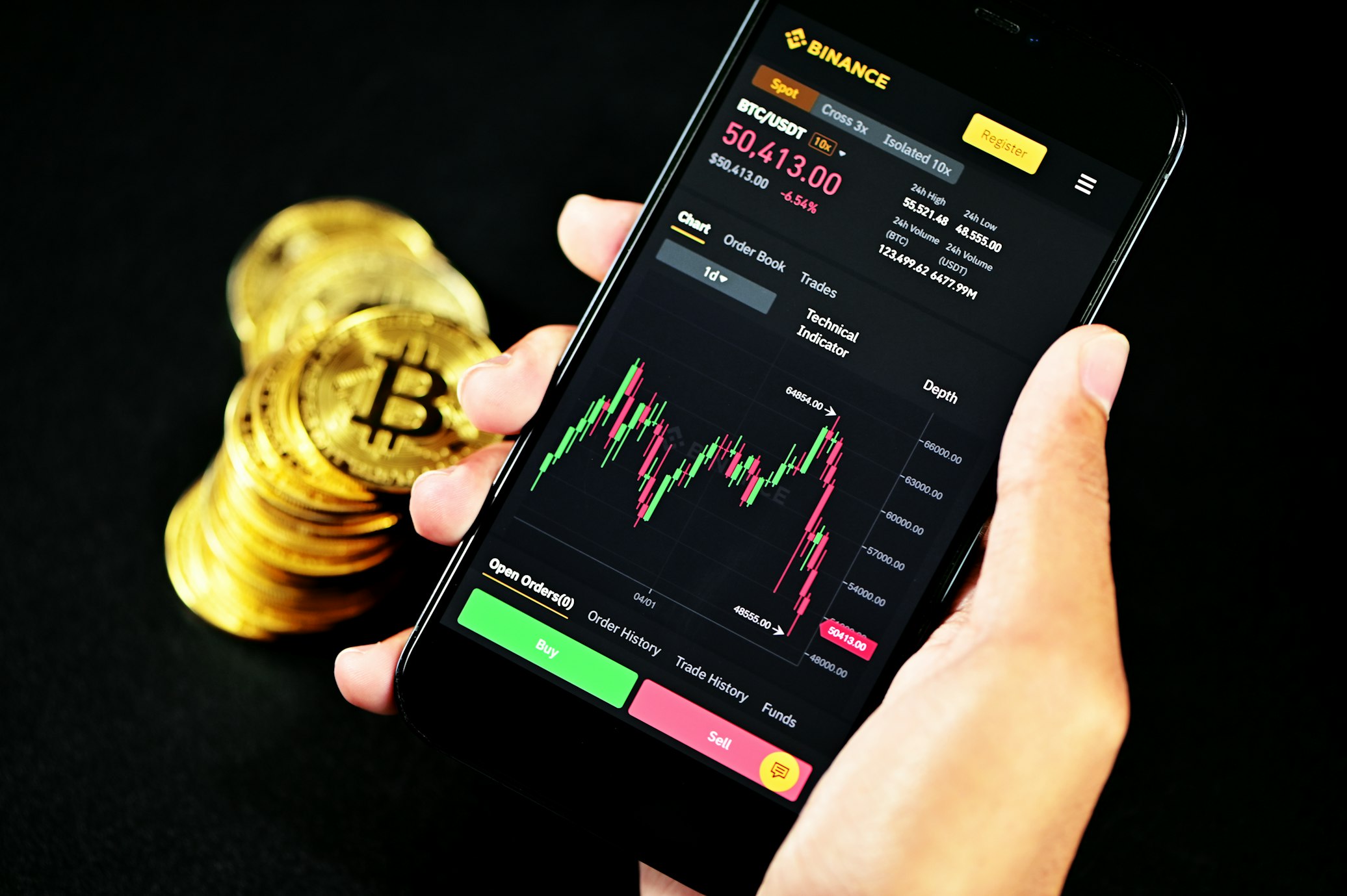Bitcoin confirmations are an integral component of its transaction process, helping ensure security and thwarting fraud. They play an invaluable role in verifying transactions that take place across its blockchain – contributing towards making Bitcoin an enduring digital currency that users trust. This article explores the concept of Bitcoin Confirmations and how it works. You can keep exploring Bitcoin and investing at https://instant-advantage-ai.org/, which is a gateway to premium investment education.
Definition of Bitcoin Confirmations
The concept of “Confirmation” implies the inclusion of a transaction in a decentralized chain of confirming confirmation. That is, when transactions occur, they are not considered confirmed, but after a certain number of mined blocks later. In fact, this is a competitive struggle between mining rigs to place the same blocks of data in blockchain.
Confirmations’s Role in Securing Bitcoin Transactions
Confirmations are the most critical aspect in securing Bitcoin transactions and guaranteeing their honesty. Confirmations guard against changes from ever becoming permanent and irreversible by allowing them to be overturned.
Any fraudulent action that allows two similar transactions to access the same coin would erode trust in the community, and confirmations help address the issue by adding more security.

How Do Bitcoin Confirmations Process Work?
Transaction Verification on the Blockchain
Verifying transactions on the blockchain is an integral component of Bitcoin confirmations, as users initiate Bitcoin transactions, which are broadcasted to the network and await inclusion in one or more blocks.
Miners, network participants with specialized hardware, identify this transaction and begin verifying it by verifying whether its sender possesses both funds and the legal right to spend them.
Once verified, a transaction is combined with other verified transactions into a block and added to the blockchain–a public ledger of all Bitcoin transactions–where it serves as its first confirmation. Subsequent blocks added provide further evidence supporting its legitimacy and validate each transaction in turn.
Miners Play an Integral Role in Confirming Transactions
Miners are vital components of the Bitcoin network. Utilizing powerful computers to solve mathematical puzzles known as proof of work, miners serve to verify transactions within this global monetary system.
Computing power is necessary for safeguarding a network and preventing fraudulent activities, and when miners solve puzzles successfully, they are granted permission to add transactions into a blockchain ledger. Each miner selects transactions to verify, which are then added into a block for first confirmation.
As a reward for their efforts, miners receive newly created bitcoins and transaction fees which act as an incentive to keep verifying transactions and maintain network security.
The Blockchain’s Role in Upholding Transaction Integrity
The blockchain is the foundation of the Bitcoin network and is vital for protecting the reputation of transactions. Bitcoin is a ledger system that is distributed, in which every transaction is compiled as a block and attached one after another to make a permanent and consistent system of information.
This framework guarantees that after a transaction is added, it cannot be changed without changing all of the subsequent blocks; this takes a substantial amount of computing power and produces security and reliability through the chain.
Such versatility is also what makes blockchain safe and reliable. Since the blockchain does not have a central location, it is not controlled by any particular person; thus, an extra layer of safety is provided to the transaction.

Detail of Confirmation Process
Step-by-Step Breakdown of How a Bitcoin Transaction Gets Confirmed
The confirmation process for Bitcoin transactions is a multi-step procedure designed to ensure they are safe and irreversible. It begins when users initiate a transaction by sending bitcoins directly to another address on the network; once broadcasted to mempool, it waits there for approval by miners before being included in a block based on factors like network fees.
Mined blocks are added to the blockchain once their cryptographic puzzle has been successfully solved, with transactions receiving their first confirmations. Typically, this takes approximately 10 minutes; however, this can vary depending on network congestion and the complexity of the cryptographic puzzle.
Transactions become more secure with each new block added to the blockchain, since any changes would necessitate remaining all subsequent blocks as well as that which contains it. Therefore, multiple confirmations should be obtained before undertaking large transactions to ensure maximum safety.
Network Fees as a Way to Confirm Transactions Quickly
Network fees play an integral part in the Bitcoin confirmation process. Miners use them as incentives when prioritizing transactions for inclusion in blocks; when there is an excessively large volume of transactions being processed simultaneously on the network, more likely than not, they’ll select transactions with higher fees in favor of quicker confirmation since miners receive these fees as additional reward for validating and supporting the network.
Users have the power to select how much fee they would like attached to their transactions, with higher-fee transactions often receiving faster confirmation times during peak network activity. Conversely, paying a lower fee could extend confirmation time as miners may deprioritize it in favor of transactions with higher fees.
How the Number of Confirmations Affect the Security of a Transaction?
A Bitcoin transaction’s level of security can be determined by how many confirmations it receives; one means inclusion in the latest block added to the blockchain, but this doesn’t guarantee absolute safety as there could be forked chains that eventually abandon your block.
As transactions receive more confirmations, their security increases exponentially due to the increasing computational effort necessary to reverse it by mining subsequent blocks again and again. At the same time, smaller transactions may only need one or two confirmations for completion, for larger ones, it is generally recommended to wait at least six confirmations to ensure irreversibility and protection against potential attacks.
Conclusion
Understanding Bitcoin confirmations is vital for anyone engaging in cryptocurrency transactions. They serve as a vital safeguard in upholding the integrity of the network, guaranteeing each transaction is irreversible and protected against fraud.









